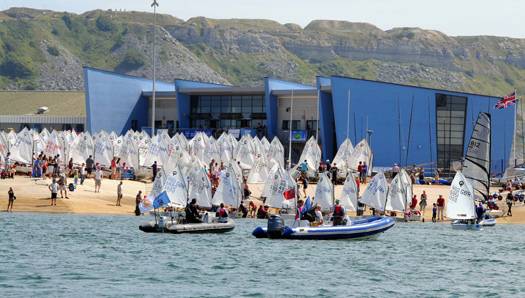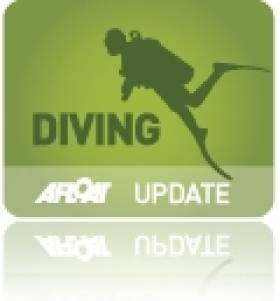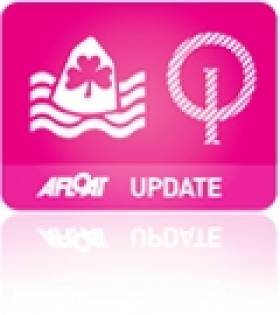Displaying items by tag: Guinness World Record
Record-Setting SCUBA Diver is Ireland's First Professor of Midwifery
#DIVING - A Guinness World Record holding SCUBA diver has been appointed as Ireland's first ever Professor of Midwifery, the Galway Advertiser reports.
Prof Declan Devine, who is a leading seararcher and scholar in the field, will take up the role at NUI Galway's School of Nursing and Midwifery.
His expertise in childcare goes in tandem with his efforts to raise funds for the care of children with serious illnesses. He serves as director of West of Ireland children's cancer charity Hand in Hand.
Prof Devine has also combined his charitable activities with his passion for SCUBA diving, raising more than €35,000 in 2009 when he set the Guinness World Record for the longest open saltwater SCUBA dive in cold water.
The Galway Advertiser has more on the story HERE.
Weymouth and Portland National Sailing Academy Sets New World Record
Weymouth and Portland National Sailing Academy, has set the Guinness World Record for the 'Largest Parade of Boats' with the International Optimist Class Association.
The record took place on July 25, 2010 within the waters of Weymouth and Portland featuring over 300 young Optimist sailors. Requirements to set the new world record were extensive; requiring 300 plus people, all holding a full licence for their boat to sail a set course. The attempt was completed with a total of 318 Optimist sailors in a controlled area. The record attempt required a huge amount of skill from the young sailors, all aged between 7 and 15 years, who had to navigate the course at the helm of their own dinghy.
The Guinness World Records formed back in 1954 cover both human achievements and extremes of the natural world. It is the best selling copy-righted book series of all time and hugely popular internationally. This award is a global recognition of very significant profile within the record breaking field.
The record success can be attributed to the talent of the sailors who were welcomed from across Europe, Asia, United Arab Emirates and even Oceania. Many of them will have aspirations of Olympic sailing one day like their predecessors from the Optimist class.
John Tweed, Chief Executive at the Weymouth and Portland National Sailing Academy, commented, 'we are extremely proud of what we accomplished back in July, now officially being a world record holder, I want to extend a big thanks to everyone that made it possible. All participants had a great time and we will be able to look back and remember the day we broke a Guinness World Record TM'.

The new Guinness World Record was Awarded to the Weymouth and Portland National Sailing Academy

























































